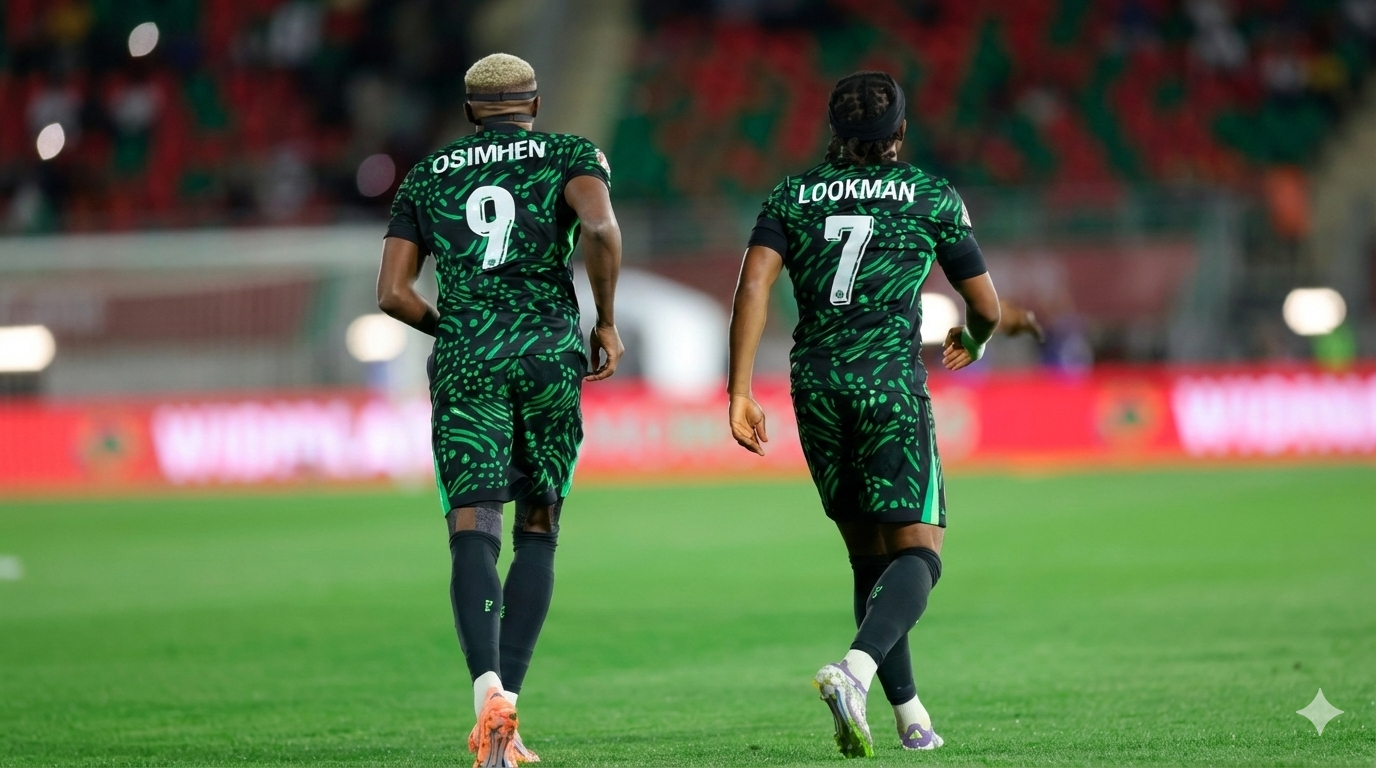Nigeria’s dream of returning to the FIFA World Cup is hanging by a thread. With just two qualifying matches left — against Lesotho and Benin Republic — the Super Eagles’ fate may already be out of their hands. Even if they win both, South Africa need only four points from their remaining games to send Nigeria crashing out of the 2026 World Cup race.
For a nation that once ruled African football, the situation has sparked deep concern and reflection. The question dominating headlines and social media is no longer just why the Super Eagles are struggling, but what the struggle reveals about Nigeria’s entire football system.
Observers say the problems go far beyond the dugout. Years of inconsistent planning, weak player development, and poor management have left Nigerian football unable to keep pace with global standards. The results — both on and off the pitch — are now impossible to ignore.
Among those offering solutions is Tayo Adeyemi Oloniyo, head of Awesometayo Global Management, a Nigerian sports agency focused on player representation and professional development. Oloniyo believes that Nigeria’s difficulties on the international stage reflect a failure to nurture young talent through a structured, long-term pathway.
“Every time the national team struggles, it reminds us that raw talent alone cannot sustain success,” he explained. “Without mentorship, structure, and proper management, gifted players never reach their full potential — and that gap always shows when it matters most.”
Awesometayo Global Management works with young footballers across Nigeria and parts of West Africa, guiding them through the often-turbulent path from grassroots football to professional careers. The firm’s emphasis on training, career planning, and player welfare signals a shift towards greater professionalism in Nigeria’s football ecosystem.
Sports analyst Ifeanyi Ibeh says such private sector initiatives could hold the key to rebuilding Nigeria’s football foundation. “We’ve relied on talent for too long,” he said. “If we want to see consistent success, we need structure — from grassroots academies to management agencies and national administration. The Super Eagles’ recent struggles are simply a symptom of a broken system.”
As the country braces for the final qualifiers, frustration among fans is giving way to a broader debate about reform. Beyond questions of tactics and selection, attention is now turning to the urgent need for better administration, credible development programmes, and stronger partnerships between private agents and football authorities.
For professionals like Oloniyo, this moment represents a turning point — a chance to redefine how Nigerian football is managed and to ensure the next generation of players has both the skill and the support to thrive on the world stage.





